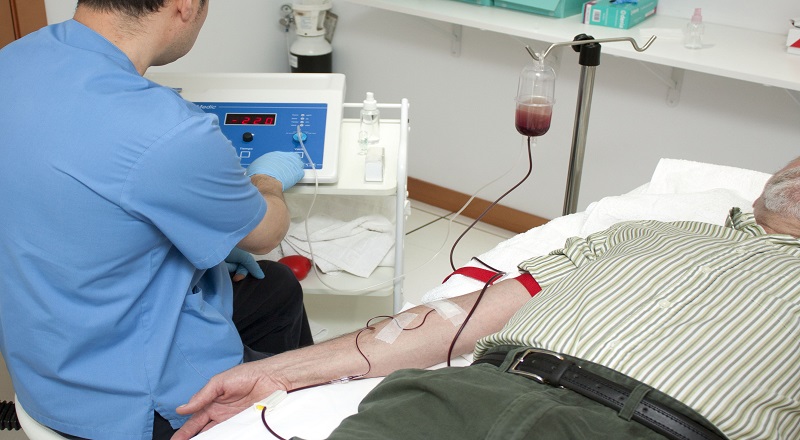Postgraduate courses in Nursing
The nursing profession is often considered a vocation, a calling. Some people are born to be nurses and have all the necessary requirements naturally.
A good bedside manner is vital in being a nurse as it is important to have a friendly, kind, caring and compassionate personality when caring for others as well as liaising with their families.
There are multiple areas in nursing you can find yourself in which helps to suit your career to your personality or interests.
If there is one thing the Covid-19 pandemic has taught us all is that frontline healthcare staff and nurses in particular are real heroes. If you’d like to add to your degree and continue to develop your career, we hope we can guide you in the right direction.
What does a nurse do?
The day to day duties of a nurse may differ from patient to patient and case to case as well as the type of nursing you decide to do. For example, general nursing or mental health nursing. As a nurse, you will typically work between 37-40 hours a week. This may include both day shifts and night shifts with those shifts may be 12 hours at a time. You may also be required to do 24 hour shift work. Hours may vary depending on your employment, eg. hospital, GP’s practice nurse.
General duties may include:
- Provide medical care to patients
- Assessing nursing care requirements of patients
- Create care plans for patients
- Provide pre and postoperative care
- Monitor medication and intravenous infusions
- Administer medication
- Keeping record of patients and their care
- Take samples, pulses, temperatures, blood pressure and other similar tasks
- Supervise and train student nurses and junior staff
- Provide support both physically and emotionally to patients and their families
Courses
There are many courses to choose from in this area across the UK. Some courses offer the option of studying both part-time or full time. Some courses may have restrictions or changes due to Covid-19. More detail on courses can be found on university websites or course overviews. Examples of courses include:
Advanced Professional and Clinical Practice
Postgraduate courses in this area give students the opportunity to develop their analytical thinking and skills within a clinical context. Students in these courses are supported and facilitated in continuing their professional development. They will have the knowledge and understanding to review their own practice and share their findings throughout.
Mental Health Nursing
Mental Health Nursing postgraduate courses include both clinical placements and theory in order to develop the necessary skills and management required for caring and supporting vulnerable people. Some topics covered are the ethics of medicine management, recovery approaches and intervention therapies for substance abuse.
Nursing and Midwifery
Courses in nursing and midwifery will help students to develop their careers further. They will gain an in-depth knowledge of the area and develop all of their skills. Those who take these courses can pick and choose modules that suit and interest them most. A large part of these courses help to gain a deeper understanding of clinical practice and focuses on enhancing the patient’s journey. Students will also be equipped to take on lead roles in management, clinical practice and education.
Other courses available include Caring for Children and Young People with Complex Needs, Professional Nursing and Adult Nursing, Community Health, Adult Nursing and Specialist Community Public Health Nursing, to name just a few. There are also courses in specialised areas such as Diabetes.
Entry requirements
Entry requirements may change from course to course and University to University so it is important to research your specific course to be sure you meet the criteria. In most cases, a bachelor’s degree in nursing, midwifery or a relevant discipline is required. Some courses will look for a 2.1 degree while a 2.2 may suffice in others. More detailed course outlines can be found on University websites and course overviews.
Typical employers
Typical employers of nurses include:
- Hospitals NHS
- GP Practices
- Nursing homes
- Prisons
- Agencies
- Health centres
- NHS trusts
Salary
Your salary will depend on what type of nursing you choose and where you are employed. For example, the average salary of a general nurse is around £36,697, working with the NHS Starting out, salaries will be lower but with experience and time your salary will increase. As a mental health nurse, you can earn in or around £36,792. Salary can vary depending on your employment. All figures are based on estimates.
Skills and requirements
Skills and requirements needed in this area include:
- Excellent people skills
- Compassionate
- Critical thinker
- Strong communication skills
- Ability to remain calm
- Ability to work well under pressure
- Organisation skills
- Attention to detail
- Strong decision making skills
- Confidence in own ability
- Good listener
- A caring and kind nature




